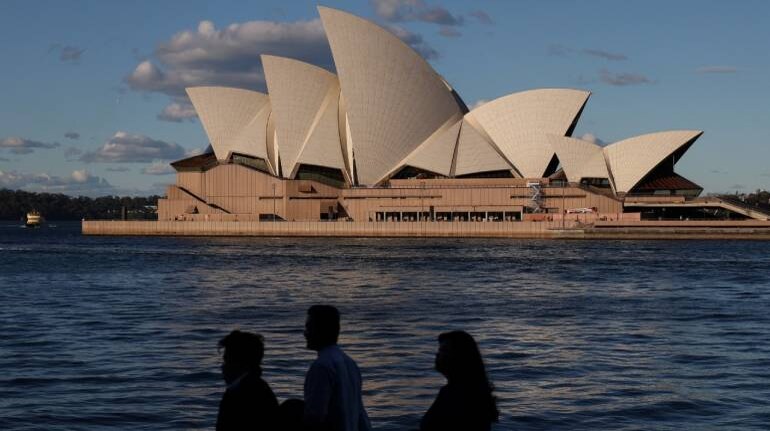
Implementation of physical distancing policies nationally is associated with significant reductions in transmission of the SARS-CoV-2 virus, that causes COVID-19, and reduced community mobility, according to researchers, including one of Indian origin.
The study, published in the journal PLOS ONE on Thursday, found that physical distancing policies enacted nationally in 46 countries prevented an estimated 1.57 million cases of COVID-19 over a two-week period, representing a 65 percent reduction in new cases.
The researchers emphasise the significant benefits that can be achieved by individuals practising social distancing measures.
"From our data-driven analysis, it became clear that practising social distancing can have a huge impact on transmission rates," said Raghu Kalluri, a professor at The University of Texas MD Anderson Cancer Center in the US.
Analysing the effects of social distancing policies globally, the researchers were able to obtain sufficient data for 46 countries with national social distancing policies, 74 nations without such policies and 14 with regional policies.
The data indicate that significantly greater reductions in transmission were seen in countries after implementing a national social distancing policy compared to those with regional policies or a matched time frame in countries without policies, the researchers said.
No significant difference was observed between countries with regional policies and those without social distancing policies, they said.
Countries with any social distancing policies had significantly reduced community mobility relative to nations without policies, and those with national policies saw greater decreases than countries with regional policies, according to the researchers.
There was a strong correlation between decreased mobility and decreased transmission of the virus, highlighting the importance of individuals practicing social distancing to effectively prevent transmission of the virus, they said.
"This is clear evidence that social distancing measures can collectively have tremendous impacts on reducing transmission of SARS-CoV-2, and we encourage individuals to practice social distancing to help control spread of infections," said Kalluri.
"We believe these data will provide useful evidence for public health officials and policy makers when considering future measures to reduce the spread of COVID-19 in their communities," he said.
The researchers acknowledge the study is limited by a reliance on direct COVID-19 testing, which may underestimate prevalence.
They also focused on spread rates following implementation of social distancing policies as an internal control for the numerous additional factors likely contributing to spread rates.
Follow our full coverage of the coronavirus pandemic here.
Discover the latest business news, Sensex, and Nifty updates. Obtain Personal Finance insights, tax queries, and expert opinions on Moneycontrol or download the Moneycontrol App to stay updated!